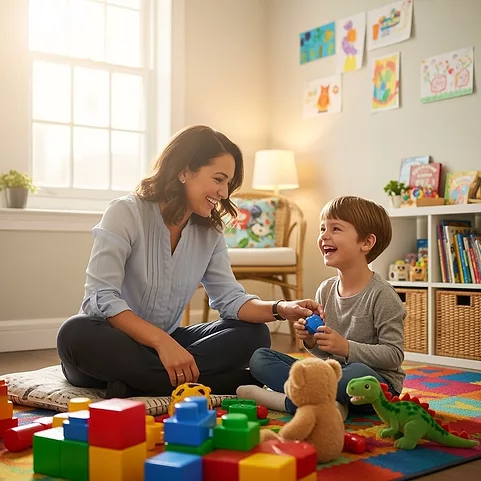Efficacy of Deep Brain Stimulation for OCD
REVIEW OF: Weinzimmer SA et al, J Child Adolesc Psychopharmacol 2021;31(2):109–117
TYPE OF STUDY: Opinion study
Parents often ask about deep brain stimulation (DBS) for their children with obsessive-compulsive disorder (OCD). But are there data to support this invasive treatment? DBS is established for treatment-resistant Parkinson’s disease, essential tremor, and dystonia, as well as an investigational OCD treatment for patients over 18. DBS is thought to inhibit overactive brain networks by delivering electrical stimulation to specific brain regions from a pulse generator implanted in the chest wall. Stimulation levels are adjusted every two weeks to optimize results, which can take up to 12 months. While multiple target sites have been used, it is unclear which ones are superior.
Side effects include surgical and hardware complications (eg, infection, hemorrhage, seizure, device migration and malfunction). There are alsocomplications. If DBS abruptly ceases, the patient can experience severe increases in depression, hypomania, anxiety, obsessions, compulsions, sleep problems, suicidal behavior, and suicide (Martinho FP et al, J Clin Psychiatry 2020;81(3):19r12821).
DBS is not currently recommended outside of research settings. It is contraindicated in patients under 18, in part because long-term follow-up studies show that most young OCD patients improve with time (Scoog G and Scoog I, Arch Gen Psychiatry 1999;56(2):121–127). In addition, two large, randomized, double-blinded, multicenter trials in adults failed to support the use of DBS for refractory major depression (Holtzheimer PE et al, Lancet Psychiatry 2017;4(11):839–849; Dougherty DD et al, Biol Psychiatry 2015;78(4):240–248). Despite this information, new research suggests that there is a consumer desire to use DBS to help children and adolescents with OCD.
In a recent industry-influenced opinion study, 260 participants, ages 18–65, mostly recruited at an international OCD conference, completed a questionnaire about their views on the use of DBS in adolescents with severe OCD. Of the participants, 106 had a history of OCD, 123 had a child with OCD, and 31 had both their own OCD history and a child with OCD. In total, 63% rated DBS positively (7 points or higher on a 0–10 Likert scale of acceptability from “totally unacceptable” to “totally acceptable”); only 15% found DBS unacceptable, rating it as 4 or lower. Participants would be most willing to endorse the use of DBS if a child had suicidal ideation, and if assurances were given that daily functioning would improve and symptoms would be greatly reduced. Worries about safety and harm to brain or body were associated with reluctance in endorsing use of DBS. Participants’ personal experience with OCD or their own child’s OCD symptom severity did not affect their views about DBS.
Most respondents were favorably disposed to this invasive experimental treatment, despite the disappointing data for DBS in treating depression in adults and lack of data for OCD. One of the study authors is a consultant for DBS device manufacturers (Medtronic, Boston Scientific).
Carlat Take
Counsel parents against the use of invasive treatments with little supportive evidence and many potential side effects, and work with them to pursue competent and complete trials of proven treatments.


_-The-Breakthrough-Antipsychotic-That-Could-Change-Everything.webp?t=1729528747)



